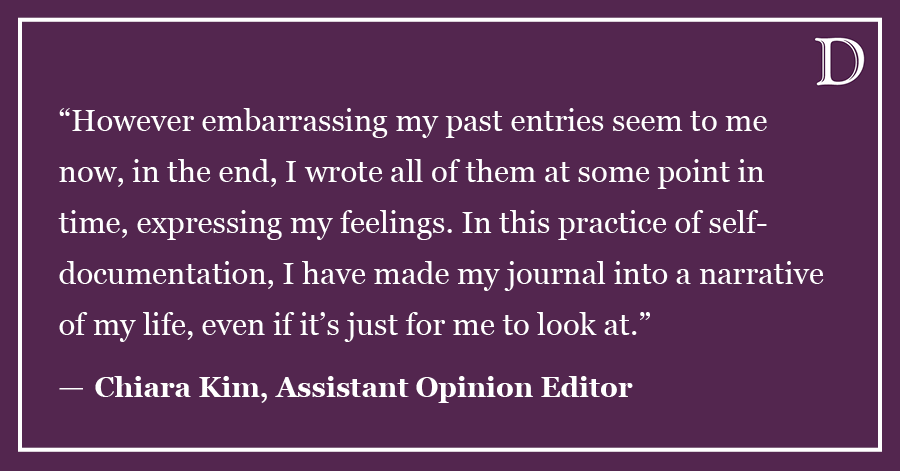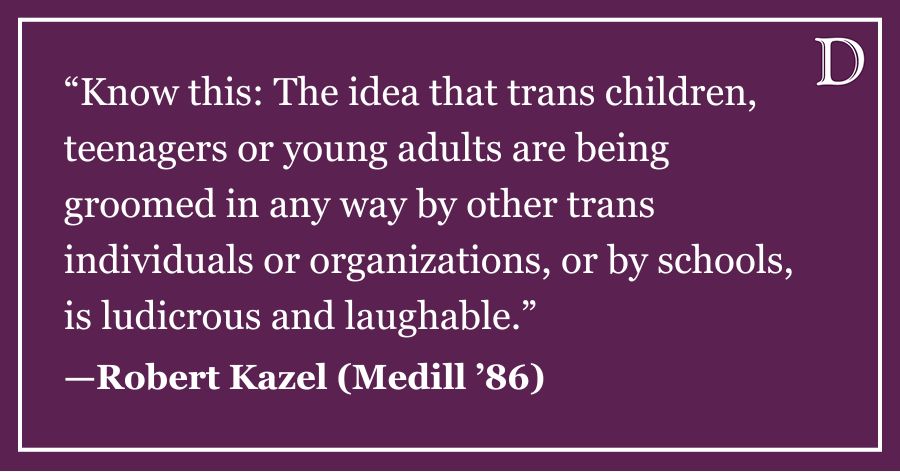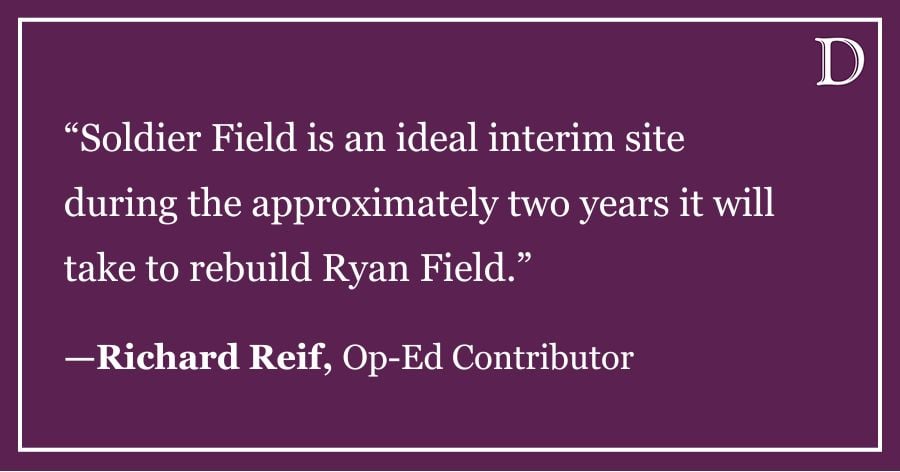When I applied for the Daily’s columnist position this summer, I sensed the frenzy of the upcoming presidential election, but I thought I could avoid polarizing political commentary. With Election Day less than a week away, I realized I should make a compromise and discuss politics in a fun, non-partisan way — through the lens of sports.
But as I researched athletics and elections, I realized that I had inadvertently delved into the controversies of political preferences. As a nerdy economics major, I discovered a fascinating study depicting the relationship between professional sports, partisan skew and voter turnout. The study, conducted by Scarborough Research, was published after the firm conducted more than 200,000 interviews with sports fans.
The most Republican professional sports (sports with the highest Republican skew and voter turnout) included professional men’s and women’s golf and hockey, college football and NASCAR. The most Democratic sports included the WNBA, women’s and men’s tennis. There were also more bipartisan sports such as supercross/motorcross, Grand-Am Road Racing, and more popular sports like the Olympics and football and baseball.
I also enjoyed the follow-up paragraph illustrating the relationships between specific teams in college and professional football, basketball and baseball. The heavily Republican teams included the universities of Texas, Alabama and Georgia, and, no surprise to this native Texan, the Dallas Cowboys and Texas Rangers. The heavily Democratic teams included the New York Knicks, the San Francisco Giants and the Miami Heat. Among the most bipartisan teams were the Philadelphia Phillies and Eagles and Pittsburgh Steelers.
One of the most interesting clusters of points I found was the grouping of the Pennsylvania professional baseball and football teams. Even with sports teams from the remarkably different areas of western and eastern Pennsylvania, the blue-leaning state still remains closely divided on the graph, cementing its status as a crucial swing state for the election.
These political preferences could possibly help us to predict which key swing states Romney and Obama will win. Pennsylvania would remain entirely too close to call, while Ohio and Wisconsin, according to the Ohio State Buckeyes and Green Bay Packers — both teams with relatively high voter turnout levels and a Republican skew — should go to Romney. The crucial swing state of Florida presents us with an interesting challenge – while the Miami Dolphins and Florida state school teams are heavily Republican, the defending NBA champion Miami Heat are overwhelmingly Democratic.
Do the sports and teams I enjoy necessarily reflect my political preferences? Am I an exception to the laws of these graphs if I enjoy Republican-leaning pro football and baseball and Democratic-leaning pro basketball and tennis? This would theoretically put all fans of the “Big Three” American sports (pro football, basketball and baseball) in a politically conflicting situation.
But my favorite part about these sports graphs is that in heat of the game, fans’ political preferences disappear. Sports games are usually blissfully free from politics. I have tailgated with Republicans, screamed at football games with Democrats and high-fived hippie liberals and libertarians in the stands (They are “Keeping Austin Weird,” after all.).
Nothing makes my blood boil more than a rival of my favorite teams. I am quite sure that I would rather spend time with a member of the opposing political party than a fan of a rival team (I’m looking at you, Hawkeyes and Wolverines.). I may be depressed if my preferred candidate loses the election, but I might just cry if the Wildcats are left out of another March Madness. Politics is important to me, but sports are downright personal.
The one point that piqued my interest the most was the Olympics bubble leaning slightly Republican. I thought the Olympics were supposed to be non-partisan, a time free from politics and full of pure patriotism, undiluted by nasty political argument. The Olympics may be partisan behind the scenes, but this summer I sensed Americans coming past polarizing politics and uniting in support of our athletes. Americans, free of the dividing labels of red or blue states, cheered and perhaps teared up (like me) every time the National Anthem was played for an athlete.
In the coming week, you may find yourself at odds with friends, significant others or even your own family because of the election results. I encourage you, though, to order some pizza, find the comfiest couch in your house and reunite over a thrilling game of football.
Meredith Goodman is a Weinberg sophomore. She can be reached at [email protected]. If you would like to respond publicly to this column, email a Letter to the Editor to [email protected].














